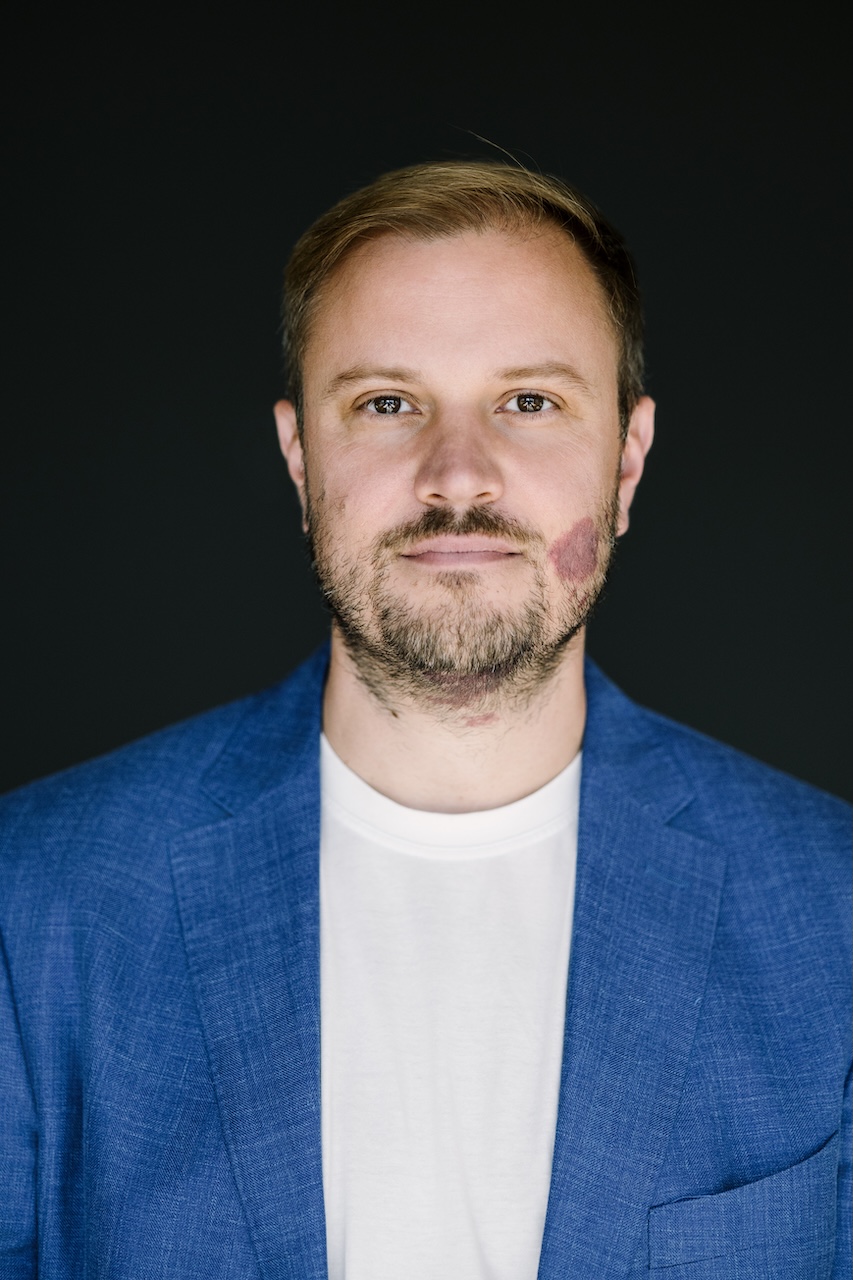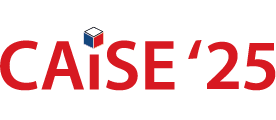
Keynotes
CAiSE'25, Vienna, Austria June 16-20, 2025 Keynotes Schedule
Keynotes Schedule
Oscar Pastor

Engineering the (Information) System of Life
Abstract: The theme of this year’s CAiSE Conference is “Bridging Silos”, what invites to consider Information Systems Engineering from a cohesive design perspective that integrates multiple aspects. Having in mind the grand challenge of deciphering the language of life, this keynote takes up the challenge of “Bridging Silos” by exploring how to engineer the (information) system of life, connecting information systems engineering with life engineering, and showing how a well-structured application of AI technologies can make that challenge reachable, combining fast and slow thinking. To describe life as a system for an audience of information systems engineers requires to focus on the principles of design and operation that are common between technological systems and life itself. Life can be interpreted as an open, adaptable, and evolving system, where connections, data, and processes not only determine survival but also the quality of results. Recognizing these analogies helps engineers reflect on the nature of the systems they design and their impact on life itself. Going further, life as an information system can be seen as a distributed, interactive, and adaptive system that continuously processes data for decision-making and evolution, leveraging connections and feedback in a dynamic environment. Decoding the human genome is a challenge that fits perfectly with the analogy of life as an information system. The keynote will explore the Human Genome as the "Source Code" of Life's Information System, looking at the human genome as the "instruction manual" of life's system, and focusing on how to understand and manipulate it, a capability never as close for human as it starts to be now. Relating it to an information system perspective allows us to understand how nature stores, processes, and uses data for survival, adaptation, and evolution. The keynote will connect biological and technological concepts, showing that the intelligent design behind the genome and modern systems have more in common than it seems.
Biography: Oscar Pastor is Full Professor, Director of Internationalization and Transference in the Valencian Research Institute of Artificial Intelligence (VRAIN) and Chair of the Research Group on "Software Production Methods” (PROS)” at the Universidad Politécnica de Valencia (Spain). He received his Ph.D. in 1992. He was a researcher at HP Labs, Bristol, UK. Supervisor of 40 PhD Thesis, he has published a significant number of research papers (h-index 54; 13.000 citations) in conference proceedings, journals and books, received numerous research grants from public institutions and private industry, and been keynote speaker at a diverse ser of relevant conferences and workshops. Former Chair of the ER and CAiSE Steering Committees (SC), and regular member of the SC of conferences as CAiSE, ER, RE, ESEM, REFSQ, ICWE, CIbSE or RCIS, his research activities focus on conceptual modeling, web engineering, requirements engineering, information systems engineering, and model-based software production. He created the object-oriented, formal specification language OASIS and the corresponding software production method OO-METHOD. He led the research and development underlying CARE Technologies that was formed in 1996. CARE Technologies has created an advanced MDA-based Conceptual Model Compiler called IntegraNova, a tool that produces a final software product starting from a conceptual schema that represents system requirements. Winner of the Peter Chen Award on Conceptual Modeling in 2016, member of the Academia Europaea an ER Fellow, he is currently leading a multidisciplinary project linking Information Systems and Bioinformatics notions, oriented to designing and implementing tools for Conceptual Modeling-based interpretation of the Human Genome information.
Rudy Hirschheim

Reflections on the Early History of Information Systems Development Methodologies
Abstract: Information systems development (ISD) methodologies have been at the core of the information systems (IS) domain since its inception. The challenges of understanding the evolution of this domain is their fast change, enormous variety, and increasing embedding of the “how” of ISD into development contexts. Yet knowing how IS are designed and implemented, and how this knowledge is passed on to future developer generations is centrally important. In this presentation, we will explore how and why ISD methodologies have changed over time, and what likely explains their enormous variety. Generally, ISD methodologies can be defined as: “evolving, shared, explicit, cognitive, and normative knowledge systems that provide answers to how to develop an information system”. As institutionalized knowledge artifacts they are created and sustained collectively across many communities (academic/practice) to support ISD. They do so by typifying and standardizing development activities and outputs, and offering heuristics to address development problems.
The first publicly available ISD methodologies emerged in the 1960s. Since then, they have proliferated into hundreds, perhaps thousands, even though most invented forms of the major methodologies (waterfall, etc.) are still in use. This talk will present an historical analysis of the 70-year evolution of ISD methodologies focusing particularly on the early history of ISD methodology development and use.
Biography: Professor Rudy Hirschheim (PhD - University of London) is the Ourso Family Distinguished Professor of Information Systems in the E.J. Ourso College of Business, Louisiana State University. He has previously been on the faculties of the University of Houston, Templeton College - Oxford (UK), London School of Economics (UK) and McMaster University (Canada). He has held visiting appointments at Monash University (Australia), University of New South Wales (Australia) University of Bayreuth (Germany), University of Jyvaskyla (Finland), University of Warwick (UK), and University of Paris-Dauphine (France). He is a Fellow of the Association for Information Systems (AIS) and also holds the LEO Award for lifetime achievement by the AIS. He has two honorary doctorates - from the University of Oulu (Finland) and University of Bern (Switzerland).
Gero Decker

Business Transformation Management in the age of AI and agents
Abstract: Without a doubt, process management, enterprise architecture and all the other disciplines within information systems engineering have helped companies drive efficiency and adapt to change, with tremendous impact over the past decades. But now, that Gen AI has arrived and excitement around it has reached an all time high - are the existing disciplines still relevant for the future at all? Won't some artificial super intelligence magically solve all challenges a company faces? Or if they still have a role to play - how is that different from their role in the past, how do they have to evolve? Gero Decker, founder and CEO of SAP Signavio, will shed a light on what he observes and the bets that SAP is making in the area of Business Transformation Management.
Biography: Gero was previously co-founder and CEO of Signavio, a leading provider of process management software with thousands of customers and almost 2,000 employees worldwide, which was acquired by SAP in early 2021. Gero holds a PhD in Business Process Management from the Hasso Plattner Institute in Potsdam, Germany, and is a globally recognized thought leader in process management and business transformation. He is currently leading SAP Signavio as General Manager and is also Managing Director of SAP Berlin. Gero has recently launched his book: “Signavio – Together As One” which provides a behind-scenes look at the rise of Signavio.


